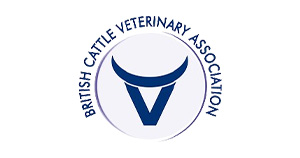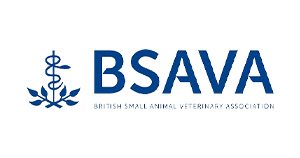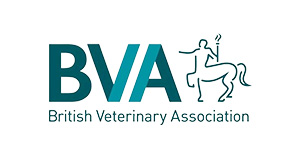Calf Cryptosporidium
Published: December, 2024
Background
Calf diarrhoea and pneumonia are the two main causes of death in young calves. These diseases are commonly related as a calf that has had diarrhoea is 17x more likely to develop pneumonia.
Calf Cryptosporidium is typically seen in calves between 7 and 14 days old. It is the most common cause of infectious scour in the UK, with 33% of calf faecal samples diagnosed with Cryptosporidium nationally (figure 1). This number is closer to 50% when you look at Veterinary Investigation Diagnosis Analysis 2015-2023 for pre weaning calf scours.
Figure 1. Causes of infectious calf scour (APHA 2019-2023)
We commonly see flare ups of Cryptosporidium over the winter months. A new vaccine has been recently launched by the same company that developed the first Rotavirus, Coronavirus and E.Coli vaccine.
Infection with the Cryptosporidium parasite causes damage of the intestinal villi, reducing capacity for nutrient and water absorption. Villi do repair but the damage will cause a stunt in growth.
A trial to show the effects of crypto was done on a Scottish suckler farm. Twenty-seven calves that had been diagnosed with Cryptosporidium were followed and severity was classified into three groups of low, medium or high. At 6 months old the calves in the low severity weighed group 34 kg more than the calves in the other two groups (Shaw et al.,2020).
Vaccinating pregnant heifers and cows with the new Bovilis Cryptium® vaccine can provide protection for calves from birth at the start of colostrum feeding. Vaccinating cows generates antibodies in colostrum against Cryptosporidium, which will help to reduce clinical signs (e.g. scour/diarrhoea) when calves are fed this fortified colostrum.
How to use the new vaccine
Bovilis Cryptium® should be administered to cattle during late pregnancy. The primary vaccination course is two doses (4 to 5 weeks apart, in the third trimester of pregnancy. To be completed at least 3 weeks before calving). Cattle that have had the primary vaccination course only need a single booster dose during subsequent pregnancies.
The protection of calves depends on adequate ingestion of colostrum and transition milk from vaccinated cows. It is recommended that all calves are fed colostrum and transition milk during the first five days of life. This can be done in two ways:
- Calves are fed from the dam for the first 5 days, this will be holding back the dam’s milk for the individual calf or all suckler calves.
- Calves are fed the following amounts of colostrum/transition milk from vaccinated dams, which can be fed separately or added to the usual milk replacer feed:
*Day 1: At least 3 litres DAY 1 colostrum
*Day 2: At least 1 litres DAY 1 colostrum
*Day 3-5: At least 0.5 litres transition milk
Colostrum/transition milk will need to be either fed within 1-2 hours of collection, refrigerated, or treated with Potassium Sorbate to stop bacteria numbers proliferating.
Feeding transition milk has been shown to increase growth rates and reduce pneumonia and scours. It is however very important that this milk contains low levels of bacteria as we know that colostrum/milk with bacterial contamination is a risk factor for pneumonia and scours.
Other key points in the control of Cryptosporidium include:
- Calving pens and calf housing should be cleaned out a minimum of once a month followed by steam cleaning or disinfection. We stock Cyclex which kills 99.95% of Cryptosporidium within 4 hours.
- Not overstocking calves, Red Tractor guidelines are 1.5m²per calf but more recent guidelines have been up to 3m² for young calves.
- Check calves receive sufficient colostrum, and this has been checked using total proteins or equivalent.
- Quarantine scouring animals until 7 days after scouring stops.
- Keep animals in age groups- do not mix older and younger calves.
- Halofuginone (Kriptazen) as a prevention been shown to reduce shedding, diarrhoea and mortality in farms that have a problem with Cryptosporidium (Brainard et al., 2021).
Please speak to one of the team if you would like any more information.
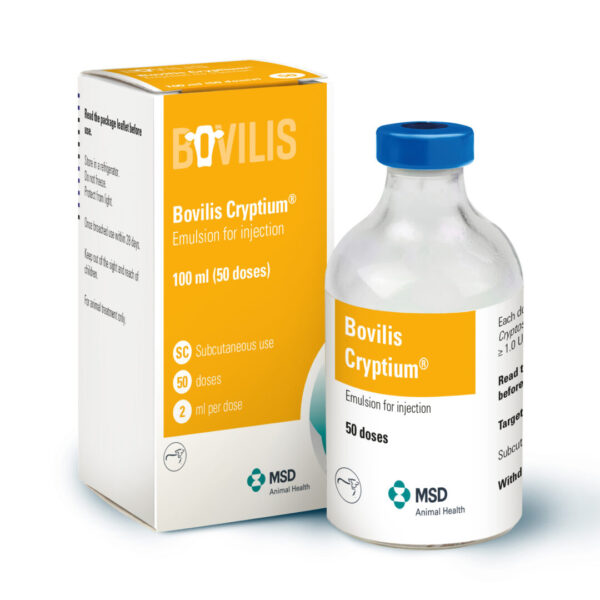
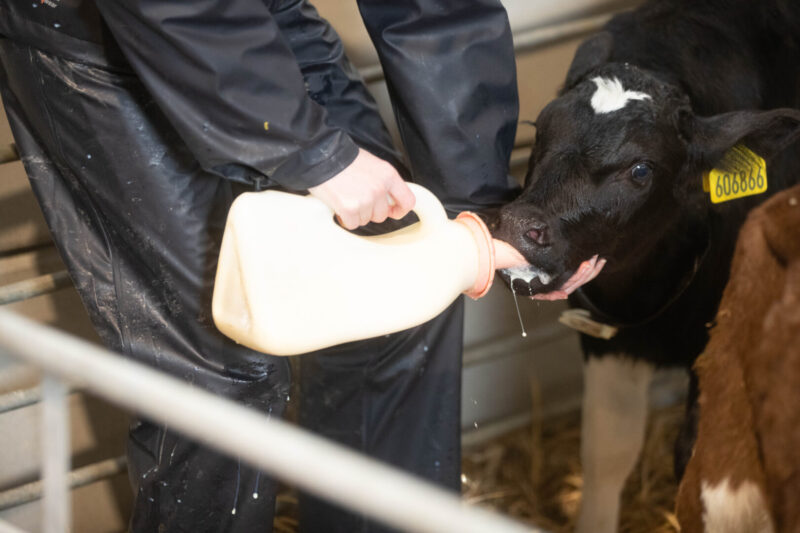
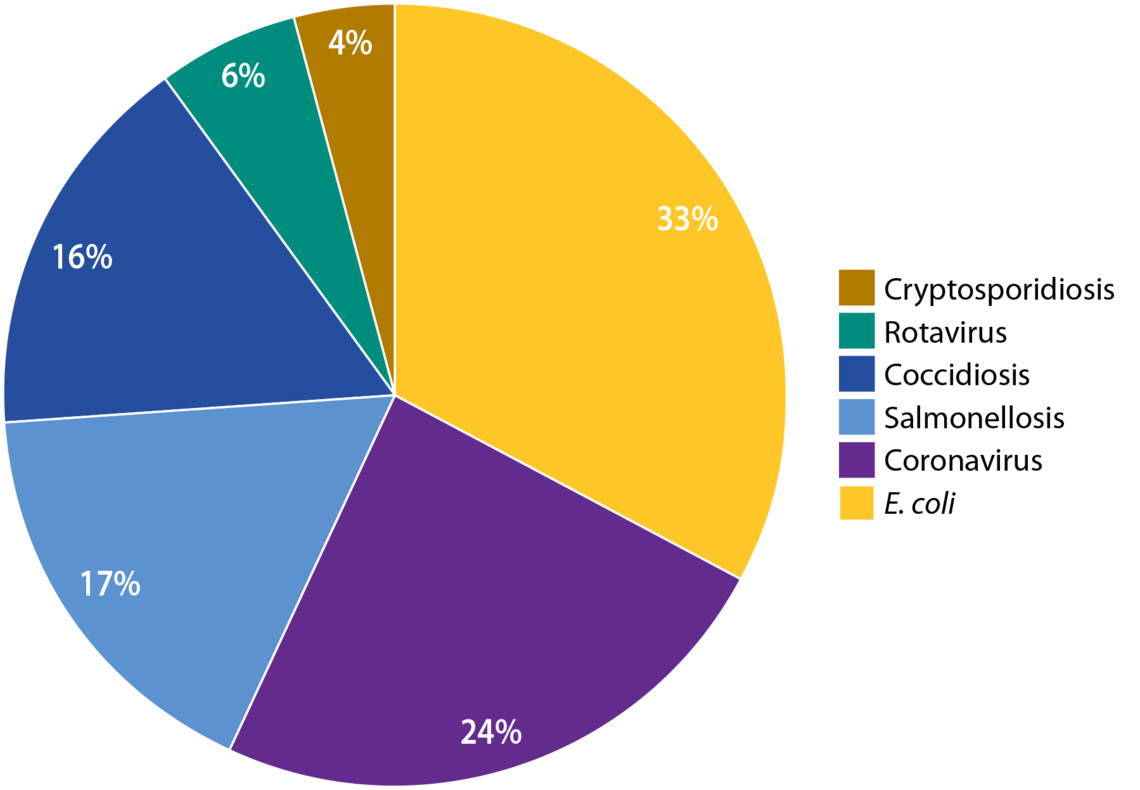
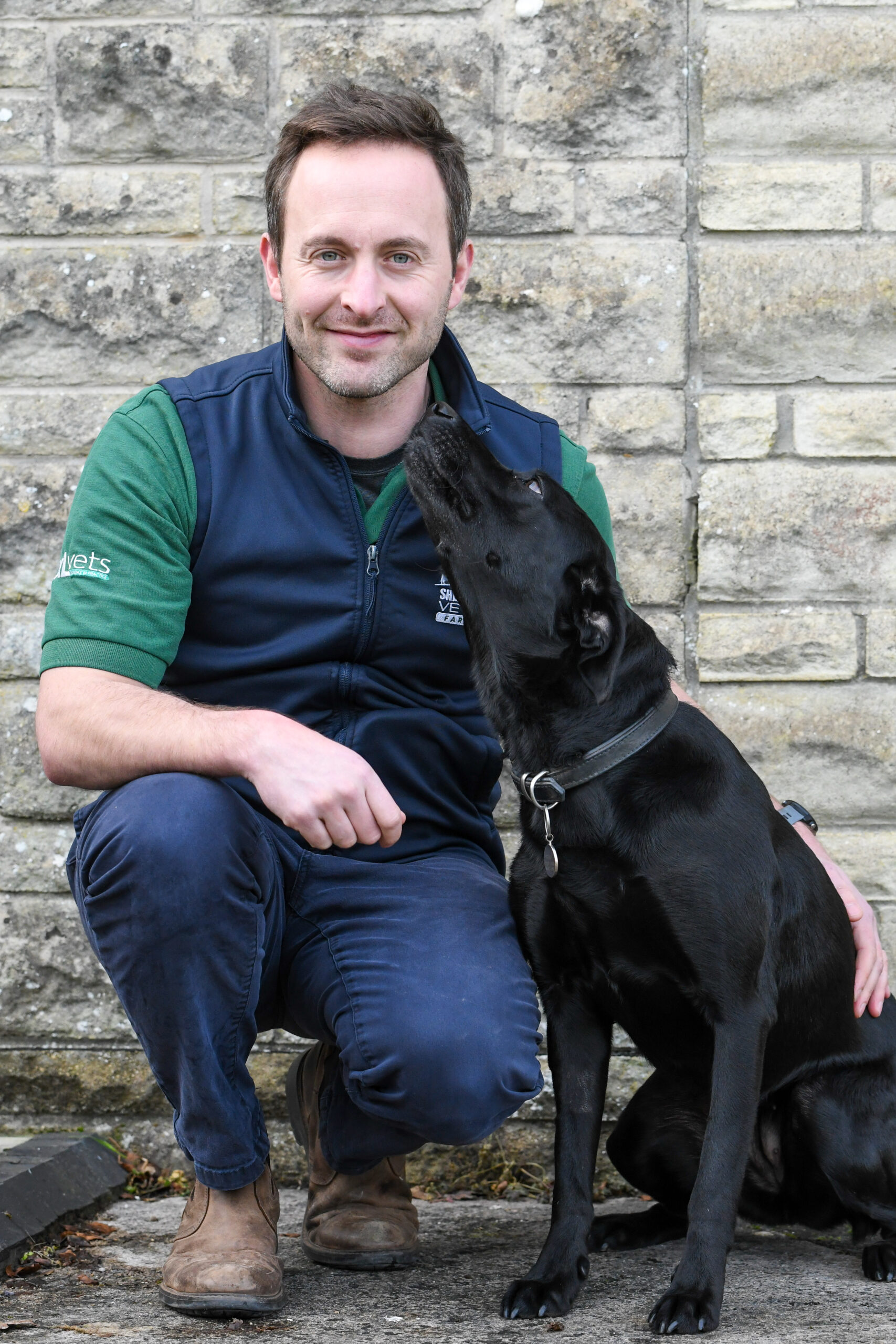
Author
Rob Powell
Learn about the impact of Cryptosporidium on calf health and discover effective strategies for prevention and control, including vaccination, colostrum management, and hygiene practices. Protect your calves from this costly and debilitating disease.
#Colostrum #Calves #FPT #FailureofPassiveTransfer #Antibodies #Immunity #DairyFarming #AnimalHealth #Veterinary #FarmManagement






